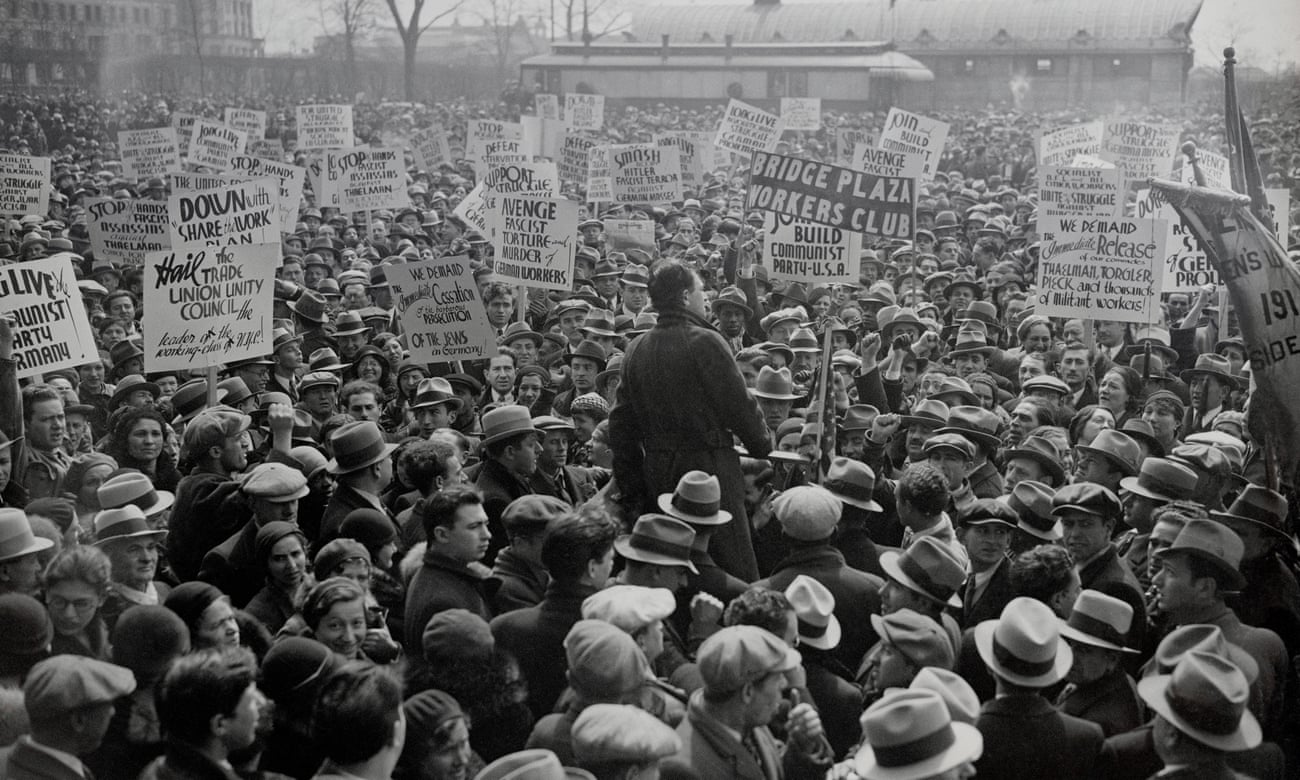by ALAN WALD


The Romance of American Communism by Vivian Gornick (Verso, $19.95)
As protests work to remake the world, the reissue of Vivian Gornick’s The Romance of American Communism invites a new generation to reflect on what it means to live a life of political commitment—where the passionate pursuit of justice meets organized political action.
Throughout the late twentieth century, assorted political gravediggers worked overtime to entomb the legacy of U.S. Communism. In hindsight they may strike us as having protested altogether too much, as those were decades when, like today, most activists on the far left referenced Moscow and its aging authoritarians mainly as punch lines to political jokes. Yet the terror that the pro-Soviet Old Left might inspire new forms of radicalism ran deep among the intellectual establishment that had emerged during the High Cold War and continued to take root in its wake. These anointed gatekeepers, from the reactionary James Burnham to the liberal Sidney Hook, wanted their version of the legacy of the left—in short, a horrific one—so fixed in the cultural firmament that all roads of inquiry would lead straight to the 1949 collection The God That Failed: A Confession, that touchstone of disillusionment with Communism.
One must ask why, among certain domestic historians and cultural critics in the era of the solidly center-right administrations of Richard Nixon, Gerald Ford, and Jimmy Carter, a Lazarus-like return of Communism felt so threatening. Was it really fear of political revolution, or was this resolve to win the narrative rather induced by a premonition of a coming loss of status to a new generation of scholars—a certain guilty trembling before a vision of pink-hued ghosts, holding yellowing copies of the Daily Worker, sitting in the professors’ places at the heads the seminar tables? I suspect the latter, for the reason that not a few of these gatekeepers had been complicit in a kind of muscle memory cover-up regarding the positive impacts Communism had made on the national political landscape. Among younger labor, civil rights, and literary historians (including people like myself), evidence was accruing that both the direct and the indirect achievements of the movement were much weightier and even prophetic than most scholarship wanted to admit. Moreover, the core stories of personal commitment to the cause were inherently compelling. Today, there is no doubt that this insurgent research was spot-on.
Boston Review for more
